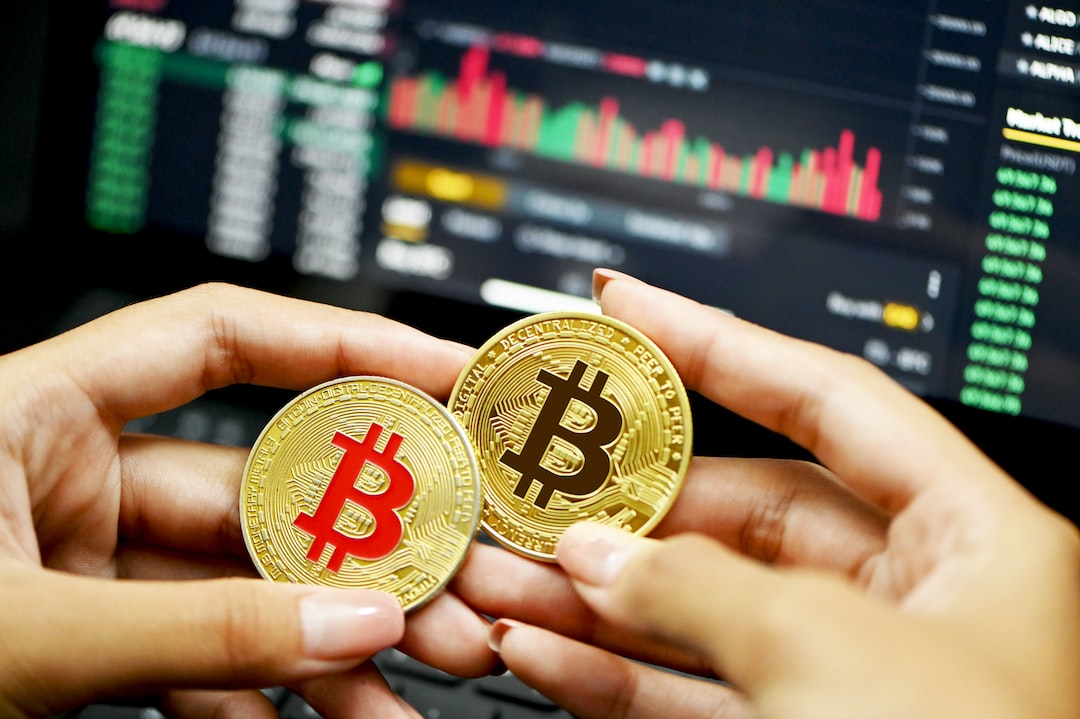Can Bitcoin Really Reach $200,000 Without the US Dollar Crashing?
Ah, the million-dollar question—or should I say, the two-hundred-thousand-dollar question—about Bitcoin! It’s fascinating, isn’t it? You hear people discussing whether Bitcoin can really continue to rise, or if it’s just a bubble waiting to burst. Well, let’s break it down together!
Key Takeaways:
- Bitcoin could rise to $200,000 without a collapse of the US dollar.
- Institutional maturity and gold’s market dynamics serve as critical drivers.
- Bitcoin currently holds about 7% of gold’s market cap, presenting massive growth potential.
Institutional Growth: The Keystone of Bitcoin’s Future
So, here’s the scoop. According to Matt Hougan, the Chief Investment Officer at Bitwise, the future of Bitcoin isn’t solely dependent on the faltering of the traditional currencies like the US dollar. Instead, it hinges on two major factors:
- It solidifying its position as a “store of value” asset.
- A recognition that folks might start questioning fiat currencies, thus increasing their appetite for cryptocurrencies.
Now, isn’t that an interesting perspective? Think of it this way: Bitcoin is currently playing in a pool where it represents about 7% of gold’s market capitalization, which is a whopping $18 trillion. If Bitcoin were to capture 50% of that share, you’d be looking at a price point that surpasses $400,000. Yes, you heard that right!
But even if it merely maintains its market share while the overall "store of value" market doubles, each Bitcoin could still reach the enticing price of $200,000. That’s like saying, “Hey, just by staying steady while the market grows, you could make a nice profit!”
Keeping an Eye on Gold: A Familiar Friend
Interestingly enough, as Bitcoin gains traction, traditional safe-haven assets like gold are also experiencing a resurgence. You know why? People are worried—plain and simple! From inflation concerns to political instability and those nail-biting moments leading up to an election, gold’s allure is back in the spotlight.
Would you believe gold recently hit a peak near $2,800? That’s not just a coincidence; it reflects a growing uneasiness in the broader economic landscape. As tensions rise globally, so do the reasons for investing in both gold and Bitcoin for wealth preservation. So, while Bitcoin is on the rise, gold is strutting its stuff too—kinda like a friendly rivalry, if you will.
Practical Tips for Navigating This Landscape
If you’re thinking about diving into the crypto world, here are a few practical tips:
- Do Your Research: Know what influences market prices. Following insights from reputable sources like Matt Hougan can help ground your investment strategy.
- Diversify Your Assets: Don’t put all your eggs in one basket. As we’ve seen, a mixture of assets—like Bitcoin and gold—can help stabilize your portfolio.
- Stay Informed: Regularly check economic factors affecting both cryptocurrency and traditional assets. You never know when the next piece of news could cause a significant market shift.
- Consider Dollar-Cost Averaging: This strategy involves investing a fixed amount regularly, regardless of market conditions, which can help mitigate risks during volatile periods.
Reflections on Bitcoin’s Future
After all this chatter, it’s pretty evident that Bitcoin’s future looks bright, especially as it continues to mature. It’s not a simple game of “will the dollar crash or not?” Instead, individuals and institutions are exploring these new digital assets as both a hedge and a modern alternative to the age-old gold. It’s like watching a thrilling sports game where both teams have their strengths—each one influencing how the other performs.
As you step closer to making any investment, always remember that we’re in a unique moment in financial history. The narratives around Bitcoin and gold aren’t just financial; they’re emotional and cultural too!
A Thought-Provoking Question
So, considering all of this, do you think Bitcoin can outperform traditional assets in a world where economic instability seems to be the new norm? What role will cryptocurrencies play in our financial lives in the coming years?





 By
By
 By
By

 By
By
